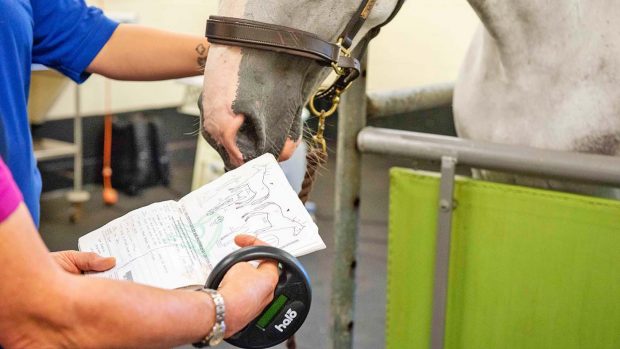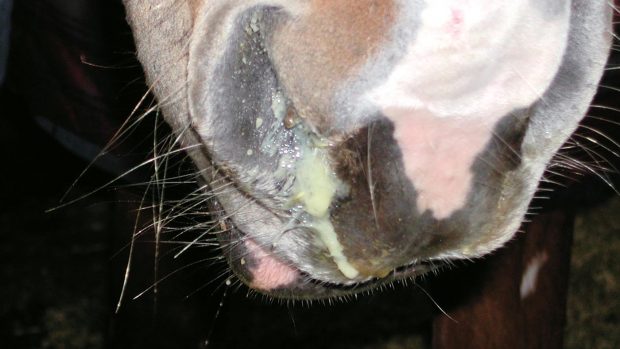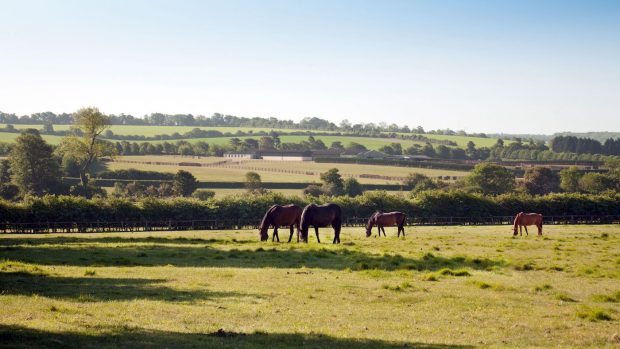The equestrian industry must make better decisions to reduce its environmental impact – and act as “guardians of the landscape”.
Water company United Utilities is collaborating with horse owners to help improve their land management, with the view of helping their equines – and protecting water sources.
United Utilities catchment manager Kate Snow told H&H equestrians can play their part in helping the environment by considering things such as their grazing practices, the location of their muck heaps, and the use of chemicals and fertilisers. The company is hosting three free events (28 January, 7 and 28 February) at Kelsall Hill Equestrian Centre in Cheshire, where owners can hear from land management experts and equine professionals on the topic.
“We want to encourage owners to act responsibly,” said Dr Snow. “Looking at a piece of land, some people might just think of it as somewhere to turn their horse out, rather than considering the environment. And many people don’t know that what they’re doing potentially could be having an impact.
“No one is saying anyone is doing anything [negative] on purpose, but it’s raising awareness of what you can do. For example, simply moving your muck to a different part of the field can make a considerable difference, or making sure the person you use to take the muck away is acting responsibly and spreading it as part of a nutrient management plan, and not just dumping it.”
British Equestrian (BEF) has launched a new five-month environmental sustainability project with Horse Sport Ireland (HSI), in collaboration with sustainability agency White Griffin. The European Equestrian Federation will also be a project stakeholder.
White Griffin will conduct interviews with BEF and HSI member bodies and the wider equine community, about how sustainability impacts them, what work is being carried out, concerns, and the way forward, with the aim of reaching “as many people involved in the industry as possible.”
White Griffin project lead Ruth Dancer told H&H the work will lead to recommendations and a “strategic roadmap”, to support the federations with the risks that climate change will present in the coming years, and their “ongoing responsible stewardship of the land”.
“The climate crisis impacts everything that this sector does and in turn, the sector impacts upon it. Through this work we hope to demonstrate ways the industry can positively impact the environment while crucially safeguarding the future of equestrianism and equestrian sports,” she said.
BEF chief executive Jim Eyre added that the industry has a “collective responsibility” for the environment, to ensure a sustainable future.
“As a sector so integrated and reliant on nature and the countryside, we must make better informed decisions to reduce our environmental impact wherever we can and act as guardians of the landscape,” he said.
You might also be interested in:

‘This will help you’: why caring for the environment is vital for the equestrian industry

How all equestrians can help make the world a greener place

Subscribe to Horse & Hound magazine today – and enjoy unlimited website access all year round
Horse & Hound magazine, out every Thursday, is packed with all the latest news and reports, as well as interviews, specials, nostalgia, vet and training advice. Find how you can enjoy the magazine delivered to your door every week, plus options to upgrade your subscription to access our online service that brings you breaking news and reports as well as other benefits.





